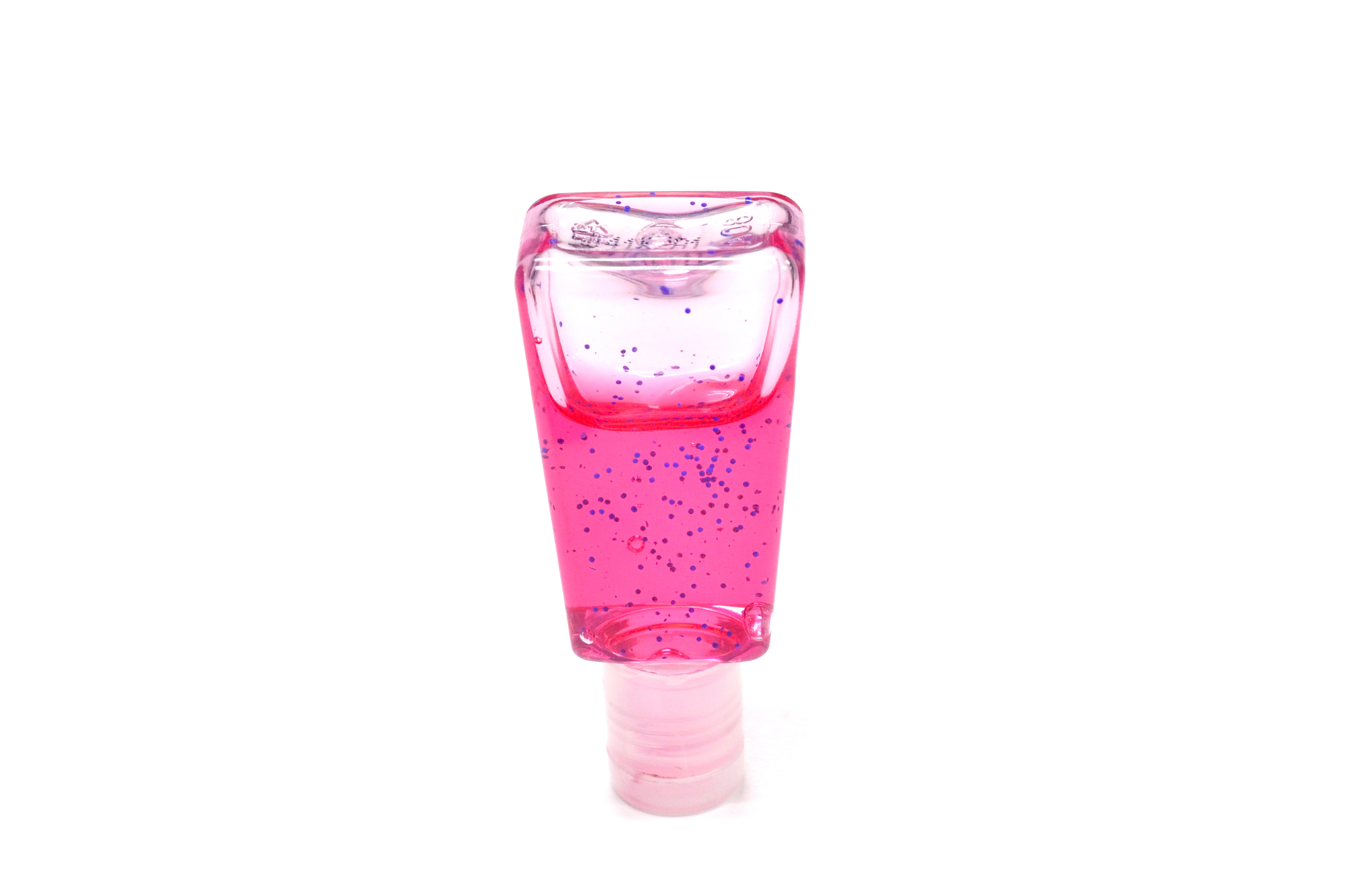When cold and flu season hit, we all take extra precaution and wash our hands, usually with antibacterial soaps. After all, they’re antibacterial. So, they must be a better option for us, right? Unfortunately, the opposite is actually true. So, if you want to prevent illness and stay healthy, it’s best to avoid antibacterial soaps altogether. Here are five specific reasons why.
Antibacterial soaps encourage the antibiotic-resistant bacteria, or super bugs
Before the FDA banned triclosan from antibacterial soaps in 2016, this chemical had already caused a lot of damage. It killed off the good and bad bacteria, leaving behind bacteria that could resist antibiotics. This has contributed to the rise of superbugs.
Antibacterial soaps aren’t better than regular soap
Theresa M. Michele, MD, and member of the FDA”s Division of Nonprescription Drug Products says, “If you use these products because you think they protect you more than soap and water, that’s not correct.”
In fact, the FDA told consumers to “wash your hands with plain soap and water. That’s still one of the most important steps you can take to avoid getting sick and to prevent spreading germs.”
Antibacterial soaps are not environmentally friendly
The chemicals in antibacterial soaps make it past water treatment systems and can sneak into streams, natural water sources and soil. The problem is that these chemicals break down to create carcinogens and neurotoxins, like dioxin.
Antibacterial soaps can trigger allergies
Over-sanitizing doesn’t actually protect the immune system. In fact, this study found that it weakens immunity and gives way to an increase in food and environmental allergies.
Antibacterial soaps may interfere with hormones
In animal studies, researchers found that chemicals commonly used in antibacterial soaps can disrupt hormones, including estrogen. While further studies are necessary to understand how antibacterial soaps impact human hormone function, it might be a good idea to air on the side of caution and just use soap and water as the FDA recommends.


